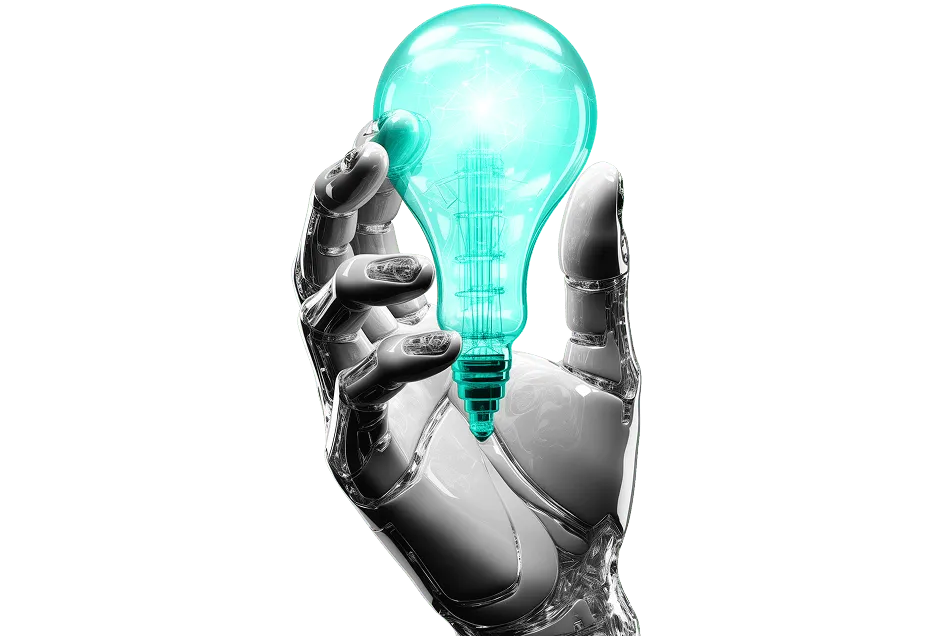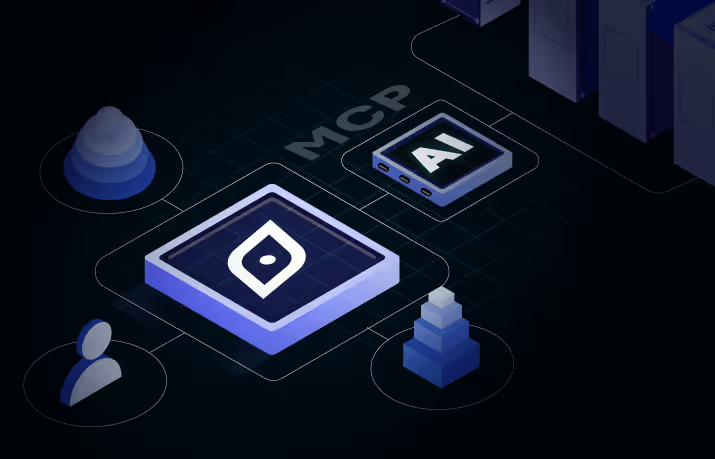The Impact of Automation on the Talent Ecosystem and the Role of Talent Management Platforms
The global economy is steadfastly coming out of the pandemic-induced growth slowdown. Although it is likely to be sluggish in most economies for the coming years, the demand for top-quality tech talent has never been this significant.
Automation is changing the workplace for good. Emerging technologies workforce planning, including AI and automation, have the potential of bringing unparalleled economic benefits. A report estimates that these innovative technologies could contribute up to USD 15 Mn to global GDP by 2030.
While many have concerns around automation’s role in displacing existing jobs, talent management platforms can help organizations navigate this transition by supporting reskilling, workforce optimization, and strategic planning. We discuss how automation is changing mundane day-to-day work forever—and why it is a must-have for today’s workforce.
Closing Skill Gaps with Talent Management Platforms for the Future of Work
COVID-19 has thrown a daunting yet significant challenge to HR teams using talent management platforms worldwide. The pandemic has propelled industries to fast-track their digital transformation, regardless of their current capabilities. Talent management platforms can help organizations navigate this shift effectively.
Automation has, without a doubt, altered the nature of work. While this technological revolution is all set to take over mundane duties, it is predicted that automation could also bring more job losses. It is estimated that more than 85 million jobs may be replaced by a shift in the division of labor between humans and technologies. Some human jobs at the highest risk include support and sales staff, proofreaders, and data entry clerks.
Given the number of jobs being automated, reskilling the existing workforce to prepare for future challenges becomes imperative to thrive in the post-pandemic environment. With fool-proof, data-backed strategies, talent management platforms can help HR teams redefine their reskilling efforts and build a future-ready workforce.
Companies ramping up their skill development efforts with AI-backed talent management platforms find support in every step of their upskilling/reskilling programs. To ensure your talent pool’s smooth and seamless transition to in-demand roles like AI and machine learning specialists, these platforms support the following efforts:
- Identifying the most disrupted job roles
- Mapping out career paths for these roles
- Curating learning modules and training programs to reskill and upskill
- Quantifying the outcome of the ongoing reskilling programs
Regardless of how many jobs are eliminated by automation, businesses with modern skillsets will have a competitive advantage. The task of empowering the existing workforce with these skills remains daunting; however, many corporate giants have invested in the right talent management platforms and reskilling programs to stay ahead of the curve.
Out-of-the-Box Talent Management Platforms to Mitigate Workplace Hindrances
The extraordinary impact of chatbots is seen across many businesses. The most notable one is round-the-clock support in the form of chatbots that revolutionize the outdated form of customer experience. The Global Conversational AI market is seeing astronomical growth, with reports predicting a rise in valuation of up to USD 13.9 Bn by 2025 from USD 4.8 Bn in 2020.
Conversational AI-based chatbots in the workplace simplify interaction by automating HR tasks and workflows, eliminating human dependency, and cutting costs. Integrated into a talent management platforms, these chatbots provide on-the-spot assistance, ensuring seamless support without human involvement.
Companies are deploying AI-powered chatbots not just to support their employees with instant responses, but these are also coming in handy during sales and on-the-spot customer support. This eventually increases revenue while also alleviating workload crises from the already exhausted HR teams using talent management platforms.
Chatbots alone cannot be responsible for the smooth functioning of a workforce or be viewed as human alternatives. They must be fed with relevant data for more meaningful output and human interaction.
How Are Organizations Adopting Talent Management Platforms?
To utilize emerging technologies to their fullest, HR teams using talent management platforms are remodeling their corporate structures and approaches to work. Many large companies are already leveraging talent management platforms to automate workflow processes and streamline operations.
The aforementioned example of reskilling also ensures sustainable growth, with talent across departments being harnessed for the impending future of work.
Automation has a massive influence on how businesses operate, and your company’s success depends only on how well-trained and adaptable the workforce is to face the challenges.
Talent intelligence platforms like Draup are addressing the talent insufficiencies and helping the current workforce develop skills that matter in the 21st-century workforce. This analytics-driven talent intelligence and talent management platforms empowers HR teams using talent management platforms in acquisition, reskilling, and workforce planning initiatives with one-of-a-kind proprietary tools.










.svg)

















.svg)





.svg)





.svg)
